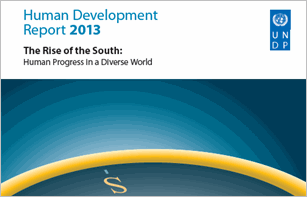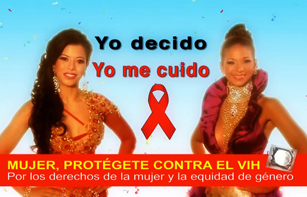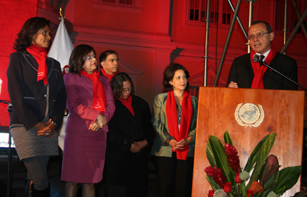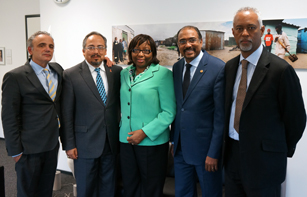The Network of Positive Youth for Latin America and the Caribbean has launched a regional consultation for young people living with HIV. The aim of the consultation is to obtain information on the realities that young people living with HIV face in their everyday lives in order to develop new and more effective HIV strategies focused on their specific needs.
The consultation tool, developed with support from UNAIDS, UNICEF and UNFPA, consists of an online and confidential survey of roughly 40 questions that focuses on young people aged 18 to 29 years old and living with HIV from 17 Latin American and two Spanish-speaking Caribbean countries. The online platform is designed to run on any computer and has a special program to facilitate access from mobile devices.
The tool will collect information related to the socio-demographic aspects of young people living with HIV, their access to health services, experiences with stigma and discrimination, and their leadership and community participation. Young people living with HIV will be able to participated in the survey until 30 November 2012 at the following website: http://consulta.jovenespositivos.org
“Usually, positive youth remain invisible to research and data collection exercises. This consultation is an opportunity to make our voices heard,” explained Mariana Iacono, a founding member of the Network of Positive Youth. “To be able to develop HIV strategies and programs that meet our needs we must know our situation, needs and realities in our communities.”
A team of young people from the Network of Positive Youth will analyze the results of the online consultation and will design a short and long term action plans for the region. The results will also serve as advocacy tools to demand the development of national strategies that focus on the needs of young people living with HIV. “We know that sometimes it is difficult to share feelings and memories, but we believe it is from our own experiences that we can bring new ideas and solutions to address HIV in a more inclusive and cost effective way,” said Pablo Aguilera, member of the Network.
To be able to develop HIV strategies and programs that meet our needs we must know our situation, needs and realities in our communities
Mariana Iacono, a founding member of the Network of Positive Youth
In Latin America, an estimated 68 000 adolescents (10-19 years) are living with HIV. Of these, 34 680 are women. In 2011, 34 440 new HIV infections occurred among young people between 15 to 24 years, accounting for 41% of all adult HIV infections. “A generation of young people born with HIV is growing up with its specific needs being largely neglected,” noted Mark Connolly, UNICEF Senior Adviser for Latin America and the Caribbean. In 2011, an estimated 2 000 children were born with HIV in the region.
As young people living with HIV transition from childhood through adolescence to young adulthood, they face a range of specific needs, including accessing treatment, tackling stigma and discrimination, and accessing youth-friendly integrated HIV and sexual and reproductive health services. “Young people living with HIV are a heterogeneous group, with diverse populations that needs urgent attention in many areas, especially those who are more affected by stigma and discrimination, such as transgender, gays and drug users,” said Cesar A. Núñez, UNAIDS Regional Director for Latin America.
The UNFPA Regional Director for Latin America and the Caribbean, Marcela Suazo emphasized that the epidemic on positive young people is worsened because of social exclusion, as well as gender inequality, stigma and discrimination related to HIV. “It is necessary to ensure a human rights platform that extends strongest non-discriminatory access of young people to education, counseling and adequate sexual and reproductive health," she said.
In Latin America, a new wave of youth-led community mobilization is emerging, advocating for human rights and demanding access to HIV services. The Regional Network of Positive Youth is organizing youth to participate in decision-making and consultation spaces beyond national spheres. In December 2012, the Network is organizing the first regional meeting of young people to define coordinated actions across the region, enhance leadership and mobilization towards meeting the global targets for 2015.












